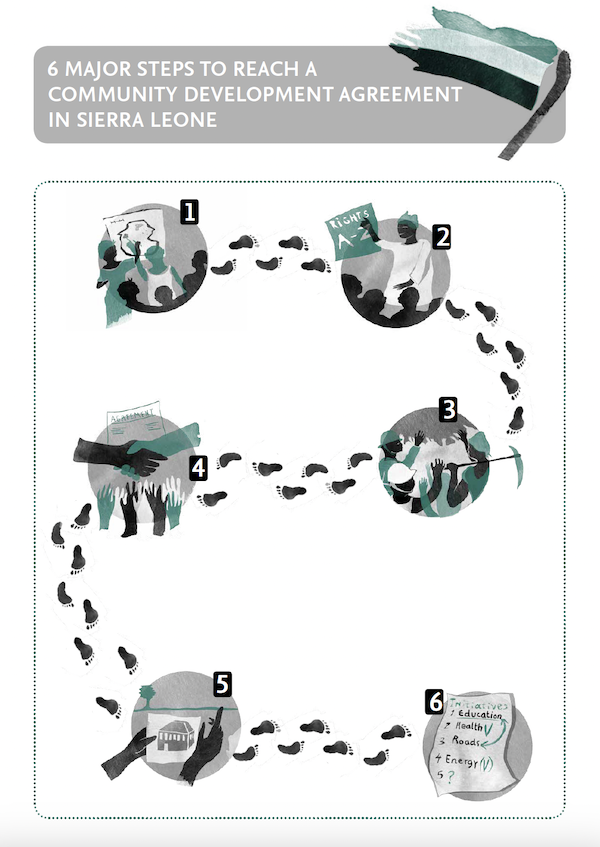Analysis of kebele proximity on reported RLAS transactions
This quantitative study evaluates the percentage of subsequent land transactions that are formally registered (compared with non-registration or informal registration practices) based the landholders proximity to the Woreda Land Administration Office (WLAO).
This resource was published in the frame of the Land Investment for Transformation (LIFT) Programme. For more information, please check: https://landportal.org/community/projects/land-investment-transformation...




